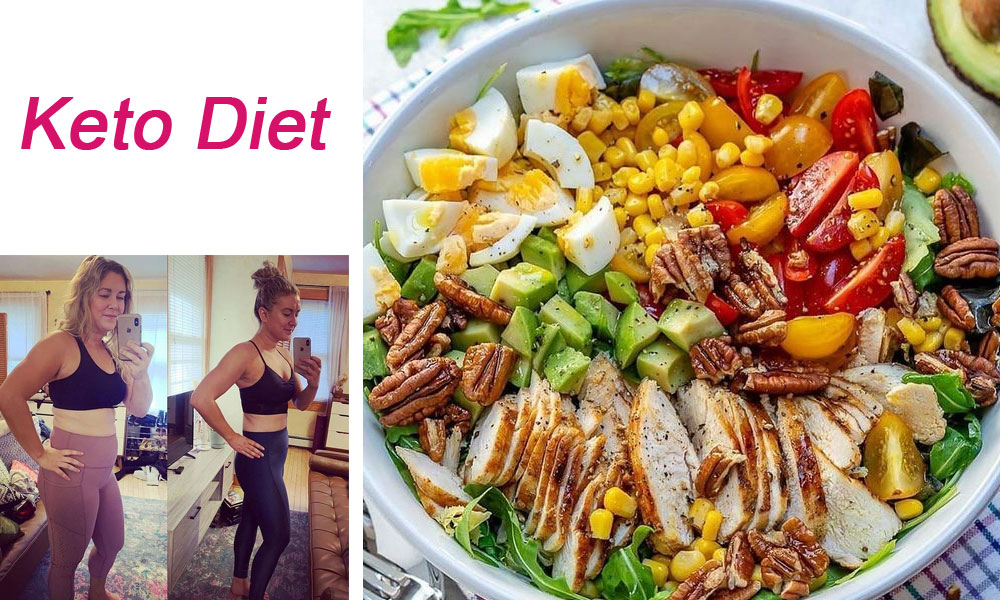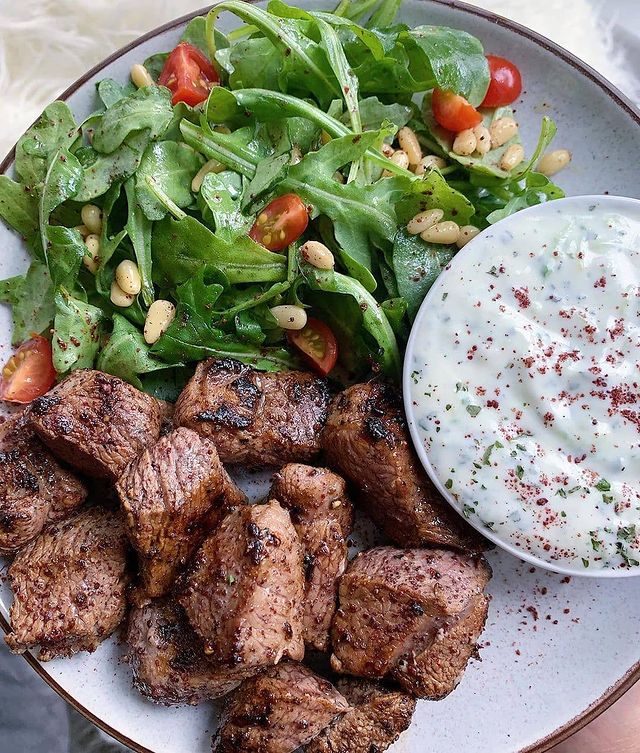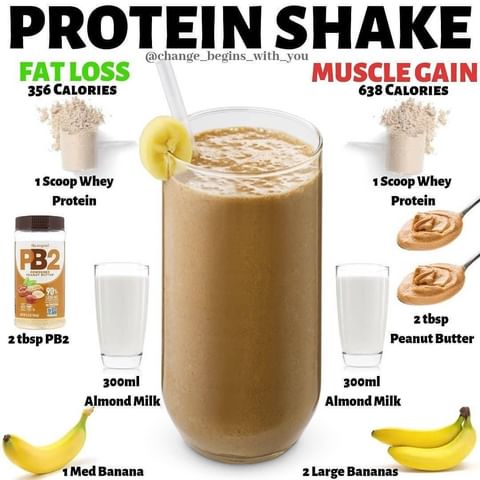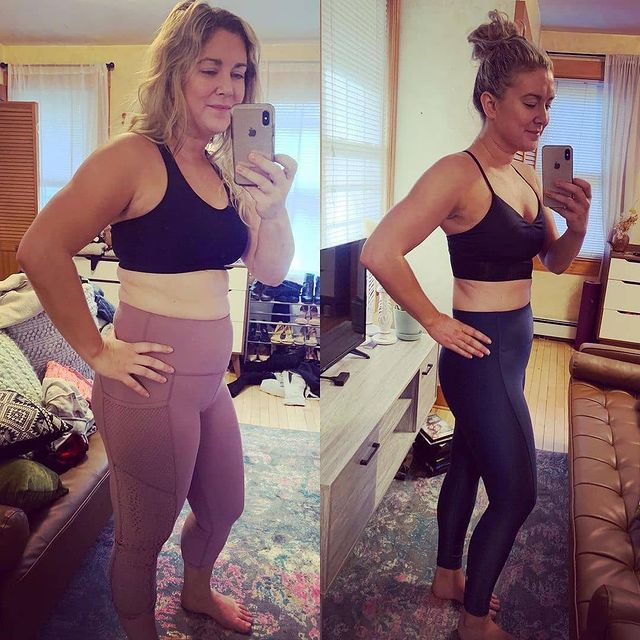
The keto diet is gaining popularity all the time, but people have lots of questions that need answering before they can be sure it’s right for them. So let’s get started right away with a quick explanation and then move on to the most frequently asked questions about the keto diets!
1. What is the Keto diet?

The keto diet switches your body away from using sugar from carbs as its fuel source. And instead you eat a hunger-satisfying diet, made up of more fats – some saturated fats from cream, butter and red meat – and as much as possible from heart-healthy, unsaturated fats. You get unsaturated fats from avocadoes, olive oil, fatty fish, like salmon, sardines and mackerel, eggs and other sources.
On the keto diet, you greatly reduce or cut-out carbs, and your liver switches to using ‘fat-burning’ as body fuel, including your extra body-fat! You can get more details about what is Keto diet here.
2. How does the body create energy?

Your body usually uses glucose-sugar from the carbohydrates you eat, as its fuel source. And as we know, it’s a method that creates ‘sugar highs’ and ‘lows’ throughout the day. Every time our body gets low in sugar, we get a craving for more carbs in sugary foods, drinks and starchy foods, and for some people this leads to over-eating and obesity. The reason we have got into this situation is probably owed to the amount of processed food that has flooded the market during the last 50 years.
3. Is processed food to blame for the obesity epidemic?
Yes. Eating processed food has been like a time-bomb that’s finally exploded and caused a huge amount of ill-health and metabolic disease. Therefore, as all processed foods are full of carbs, unhealthy fats, sugar, salt and chemicals, we’ve been eating very unhealthily for decades now, without realizing the danger.
4. What can you eat on a keto diet?

You can eat healthy, delicious, fatty, whole foods, like bacon, cream, butter, red meat, fish and fatty fish, like salmon and sardines, some fruits and avocadoes, plus green, leafy vegetables. In addition, you eat a wide range of tasty nuts and seeds, as handy snacks. You don’t eat any processed foods or cereals, as they contain lots of carbs and chemicals. The standard keto diet has a set proportion of food types you should eat daily to lose weight more quickly than on a low-fat diet:
- 75% of calories from fat
- 20% from protein
- 5% from carbohydrates
And that means eating about 20 – 30 grams of carbs a day. And keeping protein intake to no more than 35%, if you are a body-builder. High levels of protein push insulin levels up and lower the ketones your body makes from fat and turns into energy.
5. Can you load up on fruit and vegetables?

No, you need to limit the amount of fruit you eat. Many fruits, like bananas and including grapes, contain a fair amount of carbs. On the other hand, you can eat lots of green, leafy vegetables like kale and broccoli, along with your red meat meals. But stay clear of parsnips, turnips, potatoes, sweet potato and carrots, which are all carb-rich foods.
6. What about cereals?
Cereals are also a food that’s high in carbs, so they aren’t included on the keto diet.
7. Do I have to give up carbs for life?


No, you don’t. But you will feel full and satisfied by the amount of fat you eat on a keto diet. For best results, cut your carb intake dramatically at first. Then after about 2 – 3 months, you can allow yourself to eat carb foods occasionally. But if you need long-term weight-loss, you should return to the diet immediately after.
8. Is the keto diet helpful to diabetics and pre-diabetics?
Definitely! But only for Type 2 diabetes and pre-diabetics. The keto diet cuts your triglycerides (blood sugar) and insulin down to a healthy level, so it’s perfect for the prevention and for the actual cure of Type 2 diabetes. Click here to get more details.
9. Does it create muscle loss?

No. Instead, the high levels of protein and ketones on a ketogenic diet help reduce the amount of muscle loss that everyone experiences on any slimming diet. So weight-lifters and seniors should retain more muscle on the keto diet, than on other types of dieting.
10. Can you build muscle on keto?
Yes, you can, but slower than on a moderate carb slimming diet. Serious athletes and body-builders need to refer to the keto diet variations, especially tailored to help you reach your sporting goals. These may include occasional carb-load days
11. Will I feel tired and weak?
Some people experience these symptoms in the early days, before they have reached ketosis. But you can balance this out be lowering your carbs more to speed up the body’s switch to ‘fat-burning’ ketosis. Some people find that MCT oil or ketone supplements help them continue their working and leisure pursuits without any fatigue at this stage of the diet.
12. Why does my urine smell of fruit?
This is a normal part of reaching ketosis, and is created by the flushing-out of by-products created by the keto diet process.
13. Does keto cause smelly breath?
This is just a normal side-effect of the diet, which you can easily counter by drinking plenty of water, or using breath-fresheners for a short time. When your body has adjusted to ketosis, this will stop. Here are more side effects of the Keto diet you may meet and some tips to minimize them.
14. Is it true that ketosis is a dangerous condition?
No. Many people get confused between ketosis and keto-acidosis. Keto-acidosis is a serious condition that happens to people with uncontrolled diabetes. On the other hand, ketosis is a natural and totally healthy way for your body to produce energy.
15. How can I deal with unpleasant keto flu symptoms?
Some people get indigestion and diarrhea during the first 3 weeks of a keto diet. However, it’s easy to treat this by eating more high-fibre vegetables, and if you get constipation, taking magnesium supplements.
16. Can anyone lose weight on the keto diet?

The keto diet is excellent for obese people needing to lose weight, Type 2 diabetics and those who need to improve their metabolic condition. However, there are several groups of people who should not use the keto diet.
- Nursing mothers
- People with kidney problems
- Type 1 diabetics
- Serious athletes
- Body-builders
- Anorexic or bulimic individuals
In addition, anyone starting a special slimming diet should definitely consult their doctor first for advice and approval of the dieting method.
But, please note, working out is one of the best ways to lose weight!
Read these posts about weight loss:
- Ketogenic Diets Can Help You Lose Weight? True or False?
- Keto Diet Meal Plan for Beginners to Lose Weight Fast
17. How long should you stay on a keto diet?

It’s a great short-term weight-loss diet, but owing to the possibility of creating too much cholesterol in the long-term, it’s not recommended for more than a maximum of 2 years. Ideally, you could use the keto diet for a period of months, lose weight and then if you still need to lose more weight, switch to a diet with between 40% and 70% daily intake of carbs for life.
18. Are low-carb whole foods keto?
And most important of all to your weight and overall health, ditch all processed foods, which have undoubtedly caused so much serious ill-health and early deaths. Eating whole, nutritious foods is what our body is designed for, after all. Eating processed food is like putting the wrong fuel in your car engine – it ruins it!
* This is a general explanation of the purpose of a keto diet and is not intended in any way to be viewed as medical advice. It is intended to inform adults with serious weight problems and offer a topic for discussion with their medical experts.







